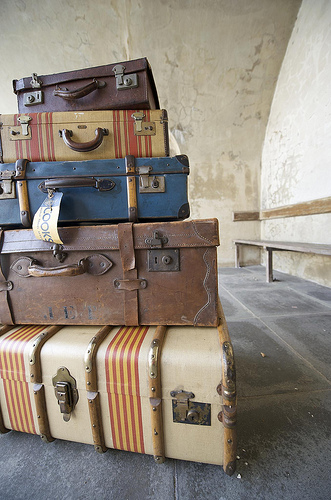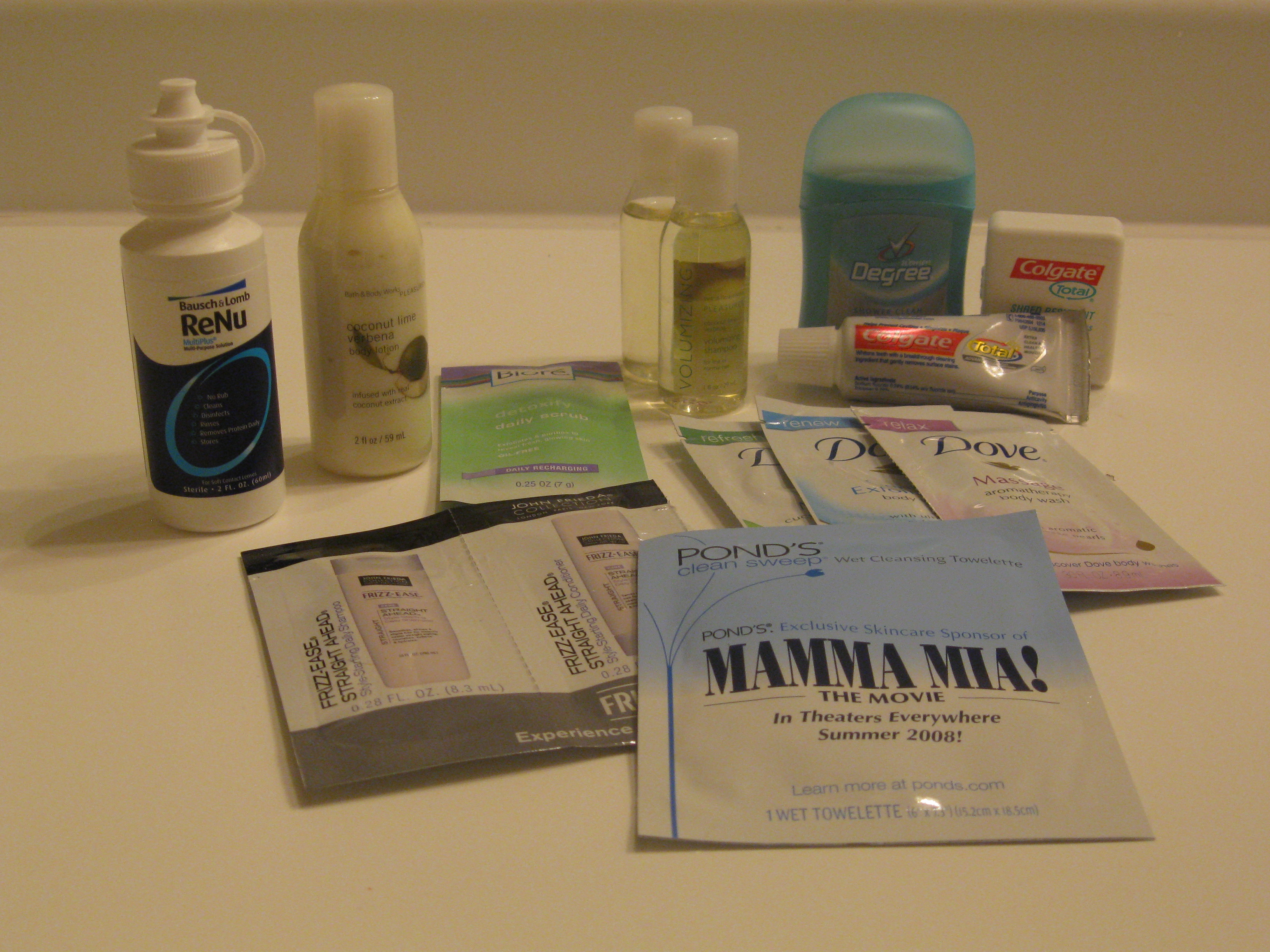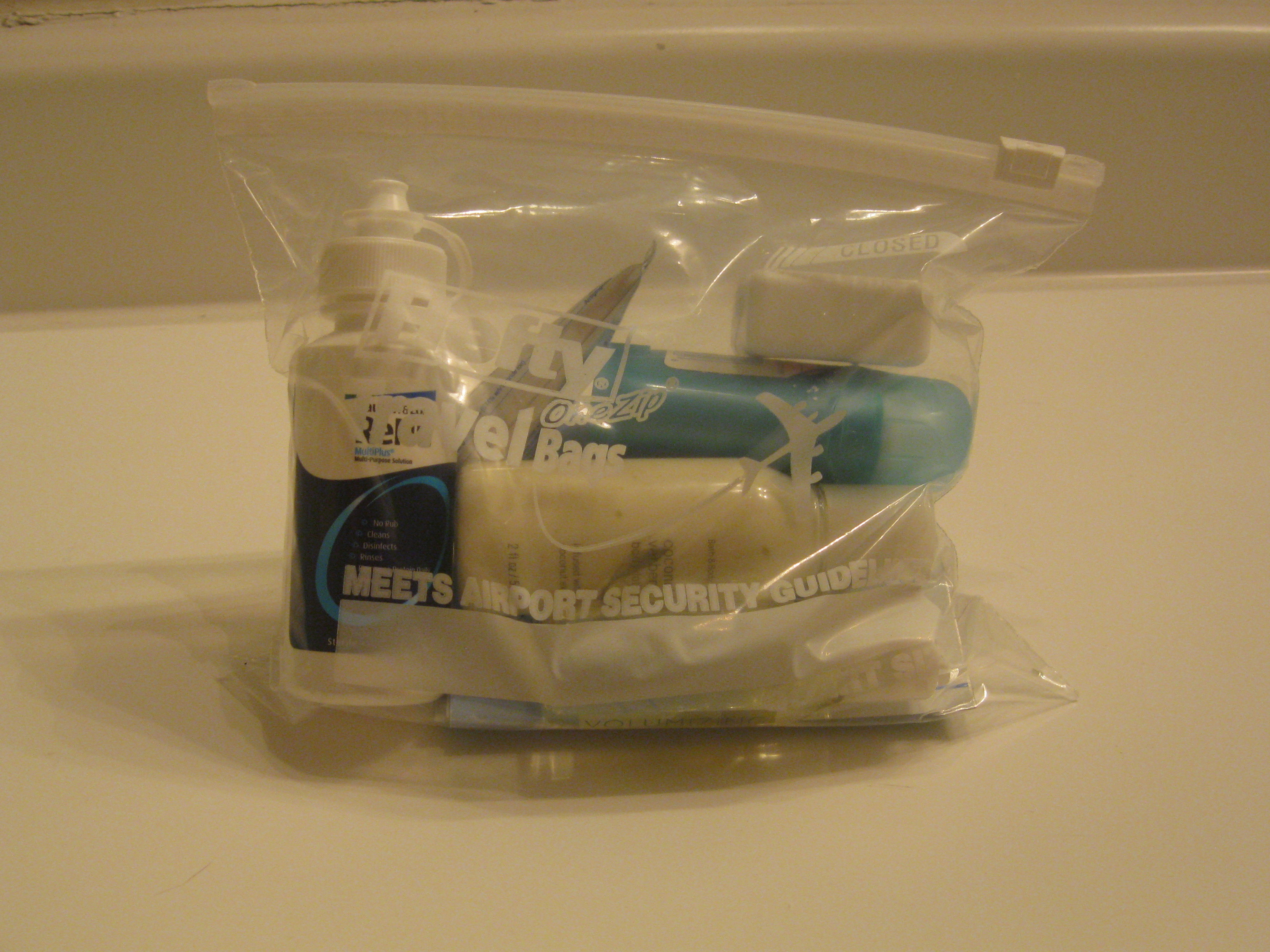When Tony and I first combined our finances, we decided to open one joint account for the majority of our spending, bills, and other banking, and a personal account for each of us. The plan was to keep a small balance in our personal accounts and use them for discretionary spending, gifts, and other personal expenses.
It’s been almost two years since we combined our finances, and the personal accounts have turned out to be more hassle than we expected. We very rarely used the personal accounts. Last month a debit card mix-up almost cost us in overdraft fees. After that, we decided to go ahead and simplify our banking by consolidating our accounts.
The first step was the make sure we didn’t have anything linked to those accounts. Since the personal accounts were never meant for paying bills, this was relatively simple. Tony’s paycheck was being direct deposited into his personal account. Once the funds cleared, he transferred the money to our joint account. Why we made things so complicated by doing it this way, I have no idea. He alerted his payroll department to the change, and they set it up so that his paycheck will be deposited into our joint account from now on.
A 10-minute phone call today was all it took to transfer the tiny balance from our personal accounts and close them out. It felt pretty good to cut up the personal debit cards. Already our financial system feels much simpler.
Last week I received an email from ING Direct, the online bank where I keep all of our savings. Right now they’re offering a $25 bonus to savings account holders who open a checking account and make three purchases using their debit card.
I’ve been considering opening an ING Direct checking account for awhile. Since ING is online-only, it takes 3 days to transfer money from my savings to our checking account at Wachovia. By opening an ING checking account, I’ll have instant access to our emergency fund in case of an emergency. Transfers are instant, and I’ll be able to use our debit card to access the money. Of course, the $25 bonus just for using my debit card will be nice, too.
ING Direct also offers a relatively high interest rate for checking (currently 0.25%). I’ve considered moving all of my checking to ING, but even though I’ve never had an issue with their customer service (representatives are always helpful, friendly, and even available on the weekends), I still like using a brick and mortar bank for my regular banking. Maybe someday I’ll take advantage of the high checking account interest rate and switch over completely, though.
I briefly considered opening two separate ING checking accounts, one for me and one for my husband, so we could get two $25 bonuses. But then I decided I didn’t want to be back where we started with two extra checking accounts we don’t use. So we’re happy with one for now strictly for emergencies.
We’ll each receive a debit card for the ING checking account, and it will look completely different from our joint checking account debit cards, so we’ll be able to avoid any mix-ups.
I’ve been incredibly happy with my experience with ING Direct for my savings account. The interest rates are considerably higher than normal savings accounts (currently 1.5%). If you’re interested in opening your own ING Direct account, send me an email and I’ll send you a referral link. If you make an initial deposit of $250 or more you’ll qualify for a $25 bonus, and I’ll get $10 for referring you. Let me know and I’ll send it along!
I feel so much better now that we’ve simplified our money management. What about you? Is your system working for you, or is it time to reevaluate?




